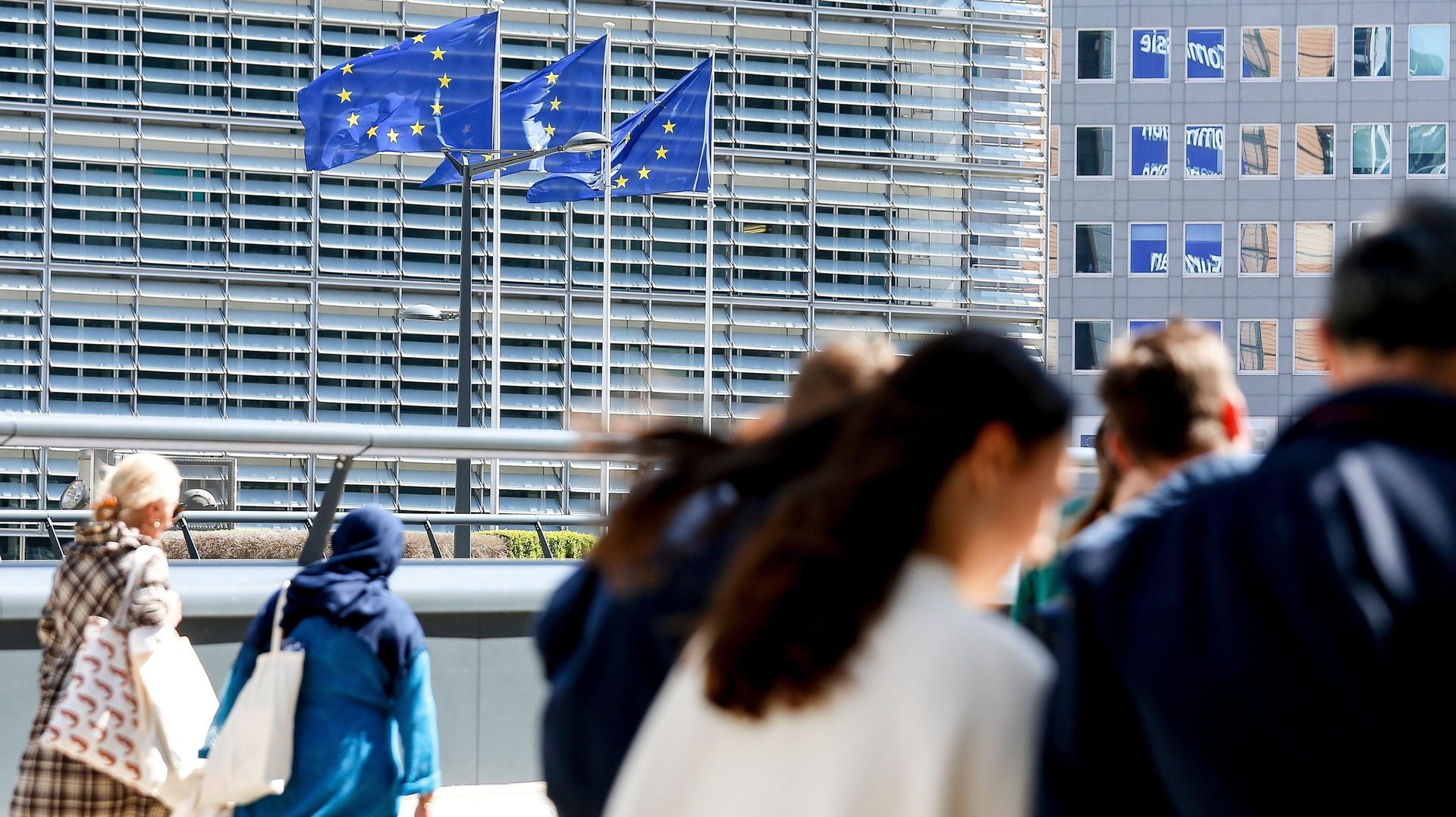After China, the next big move against tech giants is coming from Europe
Europe’s latest tech acronym has US giants from Apple to Google worried.


Europe’s latest tech acronym has US giants from Apple to Google worried.
The Digital Markets Act, or DMA, which the EU has been working on since 2020, aims to rein in the monopolistic power of the biggest tech firms—which the legislation calls “gatekeepers”—so smaller companies can surface and flourish. EU members reached a deal on the new rules yesterday. They still need to be approved by the European parliament, and likely won’t take effect before next year, at the earliest.
“The agreement ushers in a new era of tech regulation worldwide,” Andreas Schwab, the rapporteur from the European parliament’s Internal Market and Consumer Protection Committee, said in a statement.
The new legislation follows Europe’s earlier efforts to significantly rein in the largest platforms operating there, which tend to be US firms. In 2018, the implementation of the GDPR ushered in a new privacy regime in Europe that led to some US sites being inaccessible from the continent, while antitrust efforts have led to hefty fines for firms like Google. US tech firms have lobbied over the proposed law, which some in the US see as a form of trade protectionism.
The act, for now, returns Europe to center of tech regulation. Last year, China’s crackdown on big tech grabbed the most attention in this space, with the country’s tech champions—e-commerce giant Alibaba in particular—slapped with billions of dollars in fines for monopolistic practices. “The draft DMA has already inspired Chinese regulators to craft measures to tighten regulation over big tech,” said Angela Zhang, associate professor of law at the University of Hong Kong.
Now, the adoption of the act is expected to also have“strong spillover effects” on China, Zhang told Quartz.
What’s in the DMA?
- Defining “gatekeepers”: The act covers companies of a certain scale and reach—those that have a market cap of more than €75 billion ($82 billion) or annual turnover of more than €7.5 billion. They must also provide services such as messaging or social networking to at least 45 million monthly users in the EU.
- Interoperability: The act will require certain services, such as WhatsApp, iMessage, Facebook messenger to become interoperable with smaller service providers over a period of four years. “Users of small or big platforms would then be able to exchange messages, send files or make video calls across messaging apps,” said the EU.
- Privacy: The act prohibits companies from combining data from different subsidiaries that offer internet services.
- Self-preferential treatment: Restrictions on directing consumers to related services or products could impact Amazon or Apple’s App Store and Google Play.
- Penalties: The EU can fine a company up to 10% of its total worldwide turnover, or 20% for repeated violations.
How Europe’s tech crackdown differs from China’s
China’s antitrust crackdown, which began in earnest in November 2020, and spread last year into spheres such as online education and ride-hailing, aims to reduce the power of its biggest platforms, while also lifting up the country’s “little giants.”
Similar to the DMA, China’s draft rules on duties of internet platforms, published in October, require the so-called “super large platforms,” i.e. those with a market cap over $16 billion and more than 50 million annual active users, to open up their services to others and “play a leading role in fair competition.” But the scope of the Chinese guidelines go beyond those of the DMA, according to Zhang, the law professor.
Yet in some ways the EU rules can have more reach over US tech giants compared with China, since Beijing has largely blocked US tech platforms. And Europe’s rules have also influenced how other governments revise their approach to tech firms, including in Brazil and Australia.